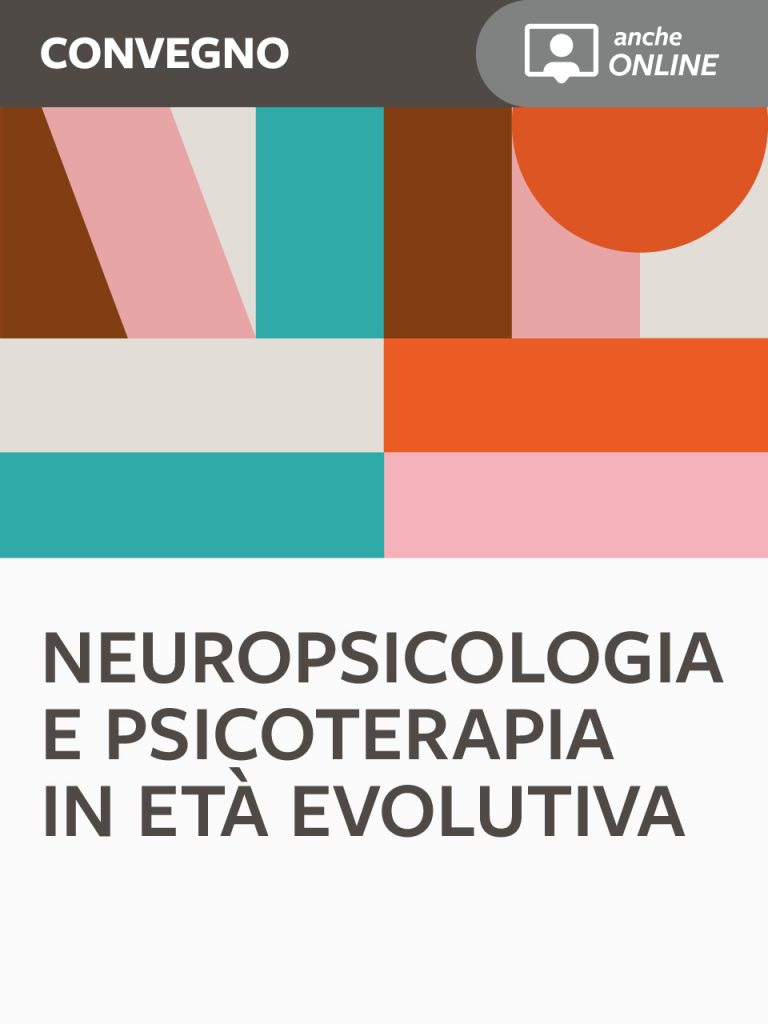Persons Affected by Aphasia and the Bio-Psycho-Social Model of Care
Sara Dotti, Jennifer Piazzoni, Valentina Bussani
Aphasia negatively affects the lives of people affected by it, both in terms of participation in domestic and social life and of well-being and mood. The bio-psycho-social model promoted by the World Health Organization (WHO) defines health as a state of physical, mental and social well-being, resulting from a complex interaction between health condition, personal factors and environmental factors. The reference tool for the description of health and related conditions is the ICF. Other models (LPAA and A-FROM) bring this same perspective into the specific area of aphasia. The aim of this study is to understand whether Italian speech and language pathologists (SLPs) adopt a bio-psycho-social approach in the care of an aphasic person. For this purpose, an electronic questionnaire was created and distributed. Most of the SLPs know the ICF but have limited opportunities to apply it in their clinical practice; the more specific models for aphasia are generally little known and applied. For the assessment of formal language, standardised tests are used above all, while for the assessment of functional communication and the effects of the disorder on quality of life, qualitative methodologies are more often used. Overall, the clinician’s attention is mainly directed to the formal aspects of language, both in the evaluation and treatment phases.
Keywords
Aphasia, Bio-psycho-social approach, Multidimensional assessment, Speech and language pathologists, Web-based questionnaire.

